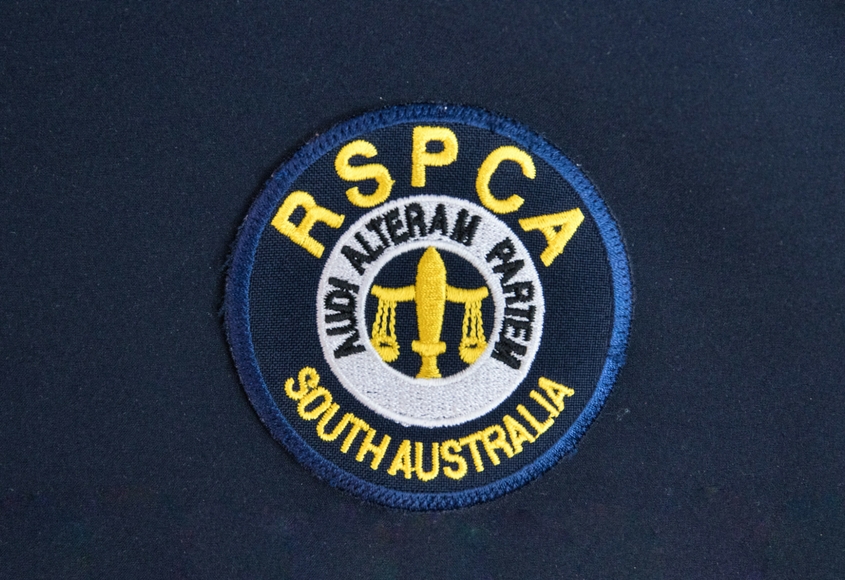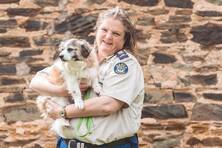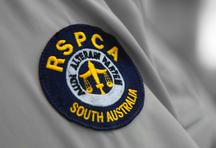RSPCA South Australia response to SAPOL investigation outcome in wombat stoning case
December 09, 2019RSPCA South Australia condemns any act of cruelty towards animals. Our organisation’s core mission is to prevent the unnecessary suffering of animals. The Government correctly determined that SAPOL was the appropriate investigating authority for this case, and RSPCA South Australia respects the investigation process has been conducted thoroughly, in accordance with current laws.
However, RSPCA South Australia is calling for an immediate review of legislation related to indigenous hunting activities. RSPCA South Australia believes that where wild animals are legitimately hunted for subsistence, this must be conducted humanely with regard for the conservation status of the species involved.
Controls exist in Australia to avoid unnecessary suffering being inflicted on animals in almost any situation where humans interact with animals, and we see no justification for any exceptions to this protection.

RSPCA South Australia respects indigenous culture and the connection indigenous communities have with Australian wildlife.
There are, however, countless examples in many different cultures around the world, where traditional cultural practices are no longer acceptable, and have ceased or are subject to various controls. The killing of protected species as part of traditional hunting should be done in a manner that protects those animals from suffering.
RSPCA South Australia believes the use of inhumane methods to kill animals – whether for subsistence or not – is not acceptable. RSPCA South Australia knows that indigenous leaders also do not condone any unnecessary suffering of animals that are so respected in their culture and we call on those in leadership roles to model and promote humane treatment of animals within their communities.
RSPCA South Australia is the state’s only animal welfare charity empowered to prosecute animal cruelty under SA’s Animal Welfare Act. If you see animal cruelty or neglect, please immediately call our 24-hour hotline on 1300 4 777 22. Learn more here.




